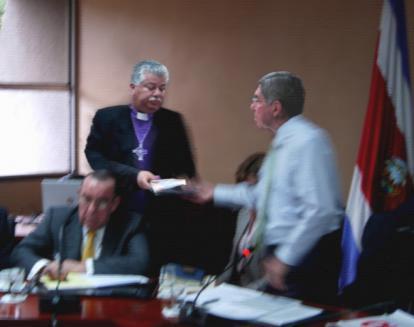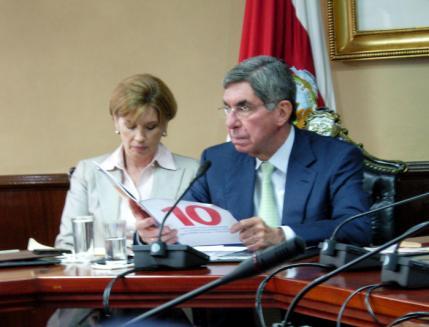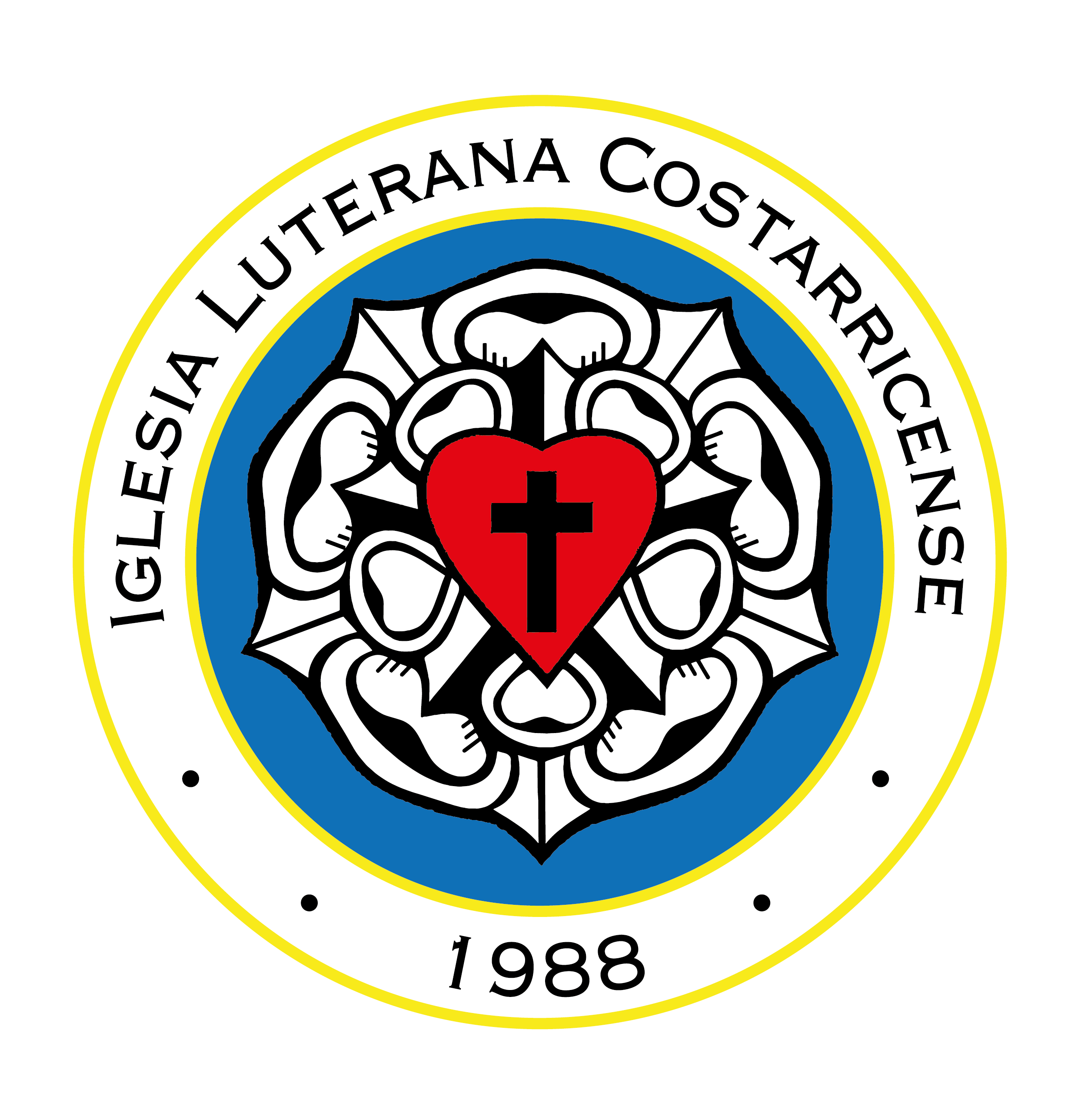 By government invitation, representatives of the social and productive sector – workers, farmers, environmentalists, community leaders, academics, indigenous people, union workers, businesspeople and religious people – were present at the Presidential House to present and follow-up on a proposal to create a national dialogue and provide practical measures that seek to guide solutions to the crisis, which has immersed the country in poverty and exclusion.
By government invitation, representatives of the social and productive sector – workers, farmers, environmentalists, community leaders, academics, indigenous people, union workers, businesspeople and religious people – were present at the Presidential House to present and follow-up on a proposal to create a national dialogue and provide practical measures that seek to guide solutions to the crisis, which has immersed the country in poverty and exclusion.
Costa Rican President Oscar Arias opened the session, and immediately after the introduction of participants, Bishop Melvin Jimenez of the Lutheran Church of Costa Rica explained the meticulous work that formed the proposal through support from social and productive sectors.
The proposal seeks an exit from the crisis through a national dialogue that keeps in mind the excluded sectors of society.
Lawyer Mauricio Castro of the Association of Public and Private Employees (ANEP) and Luís Paulino Vargas, doctor and professor of economy, presented in detail the 10 proposals to confront the crisis.
The president and cabinet ministers offered the guests a harmonious environment for dialogue, which was appreciated by the Rev. Miguel Picado, representing the Catholic Church.
 “Thank you for the opportunity that is being given to the Costa Rican people.”
“Thank you for the opportunity that is being given to the Costa Rican people.”
The President of the Council on Public Governing, Rodrigo Arias, referred to the steps the Costa Rican Social Movement has developed and said that this day, it has demonstrated it is worthy to take on considering solutions for Costa Rica.
The feeling among the diverse leaders present was that this was “a new opportunity to to bring together the best talents for the service of the Costa Rican people, and with just a attitude of opening a dialogue based on ethical and solidarity principles you can improve the quality of life of the people, and show the world that when the people are united, everything is possible.”
Bishop Jimenez, on behalf of the Productive and Social Movements, officially delivered to President Oscar Arias the document: “Ten Measures to Solve the Economic Crisis with Social and Productive Inclusion.”
A nation cannot move forward by sacrificing the people or the environment, said Francisco de Paula, president of the Central Bank. He added that the topic of accountability was worthwhile to discuss.
“I would like there to be a working group to sit down and take into account the opinions of one another, as it would be of great value.”
The visit to the Presidential House meant an important and historical event, which manifested not only the abilities of the Social and Productive Movement, but also the ability of unity and mutual understanding, which reflects what it means to walk toward a democracy that is inclusive and participatory.
The Minister of Communication, Mayi Antillon, said in a press interview:
“At this time, it's important to broaden the agenda, and we call on all groups to support efforts and creative proposals, such as those presented today, in defense of vulnerable sectors.”
Costa Rica Institute of Electricity (ICE) union leader Alonso Araya and the environmentalist movement called for national dialogue. To conclude the meeting, Bishop Jimenez urged the government representatives to “create a mechanism to build a productive methodology that provides for dialogue about the holistic proposal in which dialogue and bridges are built that allow new alternatives to common problems to be visualized.”
President Arias named a commission of ministers of Labor, Treasury, Social Development, Agriculture and the President of the Central Bank. The commission, on behalf of the government, will organize this process with the social and productive organizations, and within one month meet again with a proposal to produce results in the short and long terms.
May 5, 2009

